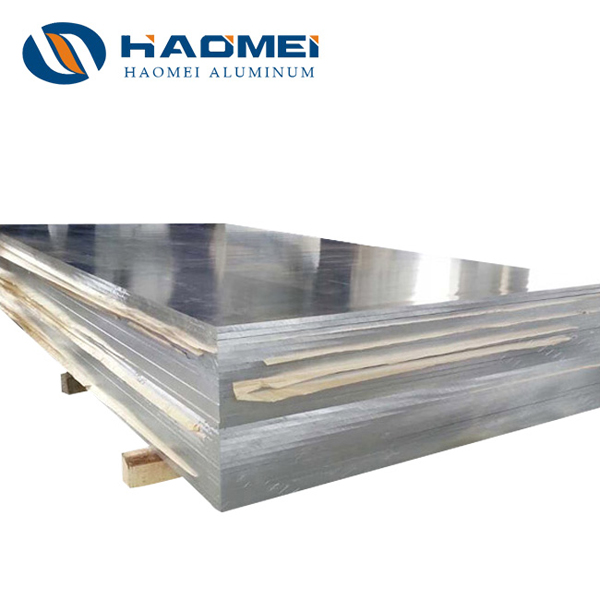The difference between aluminum sheet and plate:One of the main differences between aluminum plate and sheets is that aluminum sheet metal is under .249” thick, while aluminum plate metal is .250” and above.. Another difference between aluminum plates and sheets has to do with the distinct applications for which they are used.
As aluminum moves between rolls under pressure, it becomes longer and thinner, thus resulting in aluminum plate or sheets.

Sheet aluminum is the form of aluminum that is used the most often. You can find it in all of the major markets of the aluminum industry. For instance, aluminum sheet is useful for manufacturing packages and cans in the packaging industry. It is also valuable for manufacturing tractor trailers and automobile body panels in the transportation industry. Sheets are also useful for cookware and home appliances, as well as for construction/building products, such as carports, awnings, roofing, gutters, and siding.
Sheet aluminum can even be given blue, red, gold, or black colors, for instance, through color anodizing. It can also be etched to feature a matte finish, or be polished to feature a bright, sparkling appearance. Aluminum sheets may additionally be made to resemble wood through texturing.
Aluminum plate is the most often used for heavy-duty applications, particularly in the transportation product manufacturing, aerospace and military industries. Since certain aluminum alloys sheet have the potential to become more durable at extremely cold temperatures, Aluminum Plate serve as the skin of spacecraft fuel tanks and jets, and can also be useful for storage tanks. Moreover, you can use Aluminum Plate in the manufacture of structural sections used in ships and railcars and for military vehicle armor.